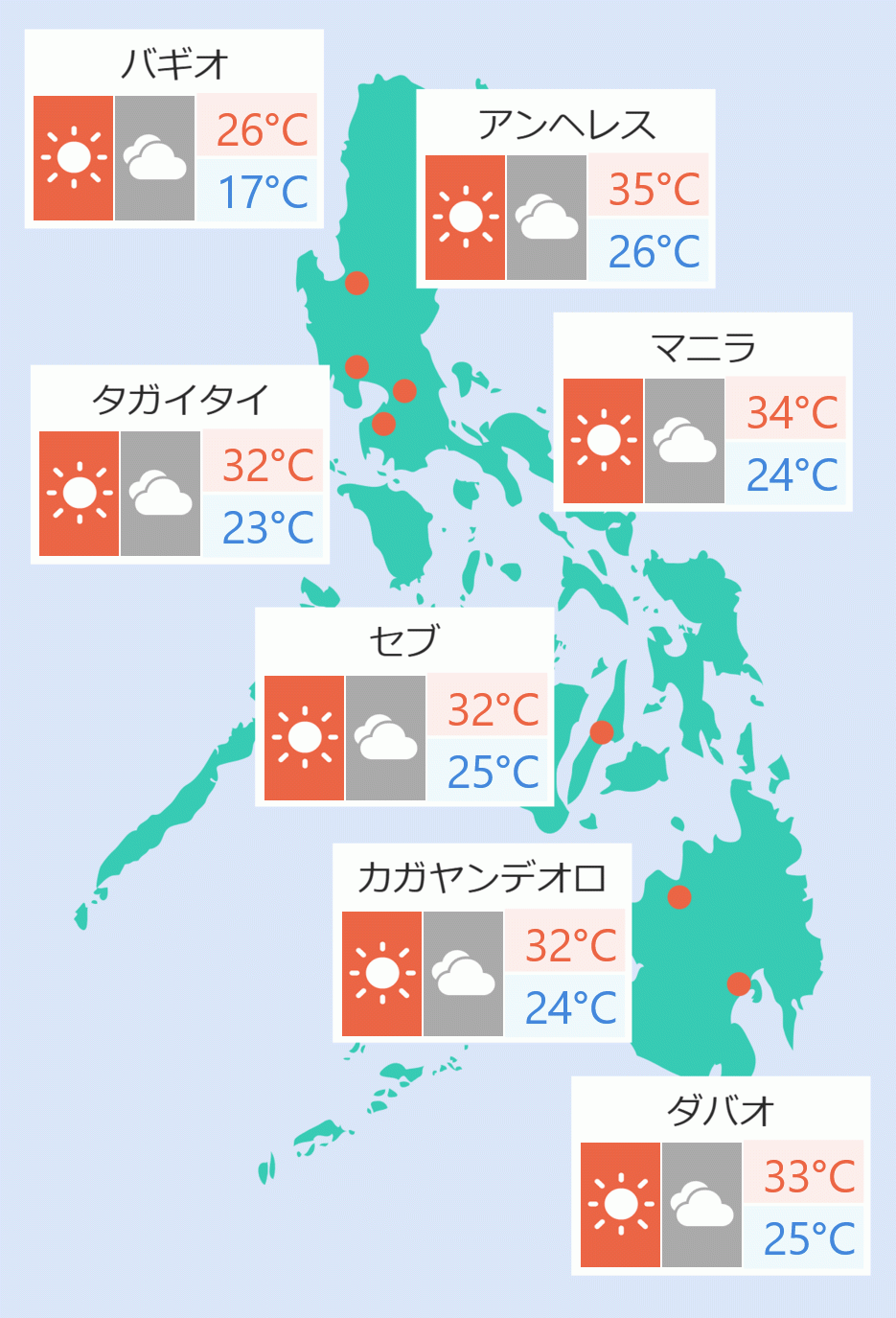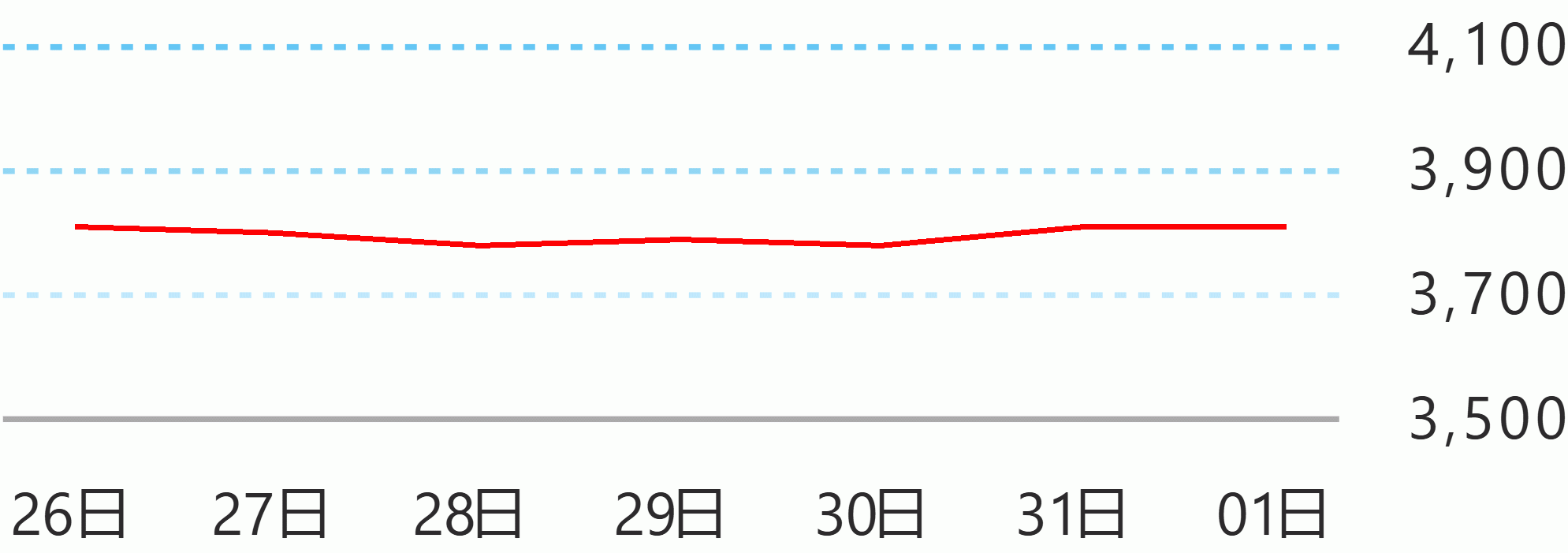President Rodrigo Duterte has not made up his mind on the action to be taken after April 30, the expiration of the extended enhanced community quarantine in Luzon, including Metro Manila, epicenter of the coronavirus disease in the country.
This was despite his consultation with some experts, including former Health secretaries, in Malacanang on Monday.
But no one from those whom Duterte consulted made recommendation for the total lockdown or total lifting of the ECQ after the end of the month, said Presidential Spokesperson Harry Roque in a virtual press briefing.
"The President has no decision yet on what will happen comes April 30," he said.
"The President listened and he said that he will wait for the transcript; he will look at the recommendations of IATF (Inter-Agency Task Force for the Management of Emerging Infectious Diseases); he will look at the recommendation of WHO (World Health Organization) and the recommendations of the experts; and he will make a decision," Roque added.
The IATF, the highest policy-making body handing the COVID-19 crisis, is set to meet again on Wednesday.
Asked if no one recommended for the total lockdown or total lifting of the ECQ, the spokesman said, "Yes."
During Duterte's meeting with experts as well as officials from the Cabinet, Senate and House of Representatives that lasted for five hours, Roque said several proposals came out.
He said the Department of Health and the National Economic and Development Authority have underscored the need to attain first the "minimum health preparation" and once there is also an "attainment of minimum health strategies," there could be a "continued ECQ, or modified if not completely a lifting of the ECQ."
"The option depends if the curve in different areas in the country has been flattened," he said.
In Luzon, he noted the most number of COVID-19 cases is in Metro Manila, Calabarzon or Region IV-A, and parts of Bulacan province.
In Visayas, the highest number of cases is in Cebu City, while in Mindanao, it is in Davao City.
Roque said it was not surprising that most cases were in those urban areas because they are the centers of commerce and transportation in Luzon, Visayas and Mindanao.
"So, perhaps it can be considered to modify or stop the ECQ. But in those areas with high cases of COVID, there is still a need to weigh the right to life from the right to have job," he said.
Iloilo First District Representative and former Health Secretary Janet Garin, during the meeting with the President, cited the need to determine the areas with high cases of confirmed virus infection and to continue the ECQ and the government assistance should focus in those areas, Roque said.
Former Health Secretary Jaime Galvez-Tan underscored the importance of having a "comprehensive communication plan" and the "research base health surveillance program" for the COVID-19 problem, he said.
Aside from the PCR and rapid testing kits, Roque said Galvez-Tan also proposed the use of X-rays and other new technologies to determine if a person has COVID-19 or not.
Quoting the President, he said, "His (Duterte's) decision may come out today or it may come on April 30 because whatever his decision, the people may come out from their homes."
"But what is clear, no one recommended that ECQ will be implemented in the whole of Luzon. He only said, there is a need to relax or lift (the ECQ) in areas that there are only few cases of COVID-19," he said.
In the same press briefing, Mahar Lagmay, who was also present in the meeting with the President, presented a study of the whole University of the Philippines system regarding COVID-19.
Lagmay noted that in their study, around 56 percent interaction could take place among the young ones or those in the schools.
"Based on the models, if we don't have classes - this is the recommendation - if there are no classes until December, there is a huge decline in the transmission of COVID-19," he said, citing that this was one of their recommendations during the meeting.
He said UP has also cited the "important sectors for rebooting the economy, we also have the sectors for contributing the spread of the virus."
Roque reiterated that Duterte has no decision yet on any of the recommendations to him, including that of UP.
IATF Spokesman and Cabinet Secretary Karlo Nograles, in a separate virtual press briefing, also said if the government would implement a modified ECQ, among the factors to be considered are the geography or location where there are COVID-19 cases; the age and health, or those most vulnerable sectors; the industries, which could manage social distancing and hand washing and which could manage work from home; and the mode of transportation, which could be regulated and ensure social distancing.
He said Duterte needs more time to study all the options, including those that the IATF will recommend.
Duterte declared a Luzon-wide ECQ, which became effective on March 17. It was supposed to have ended on April 13, but due to the increasing COVID-19 cases and the lack of testing kits, he extended the lockdown until April 30 to get a better picture. Celerina Monte/DMS





 English
English










